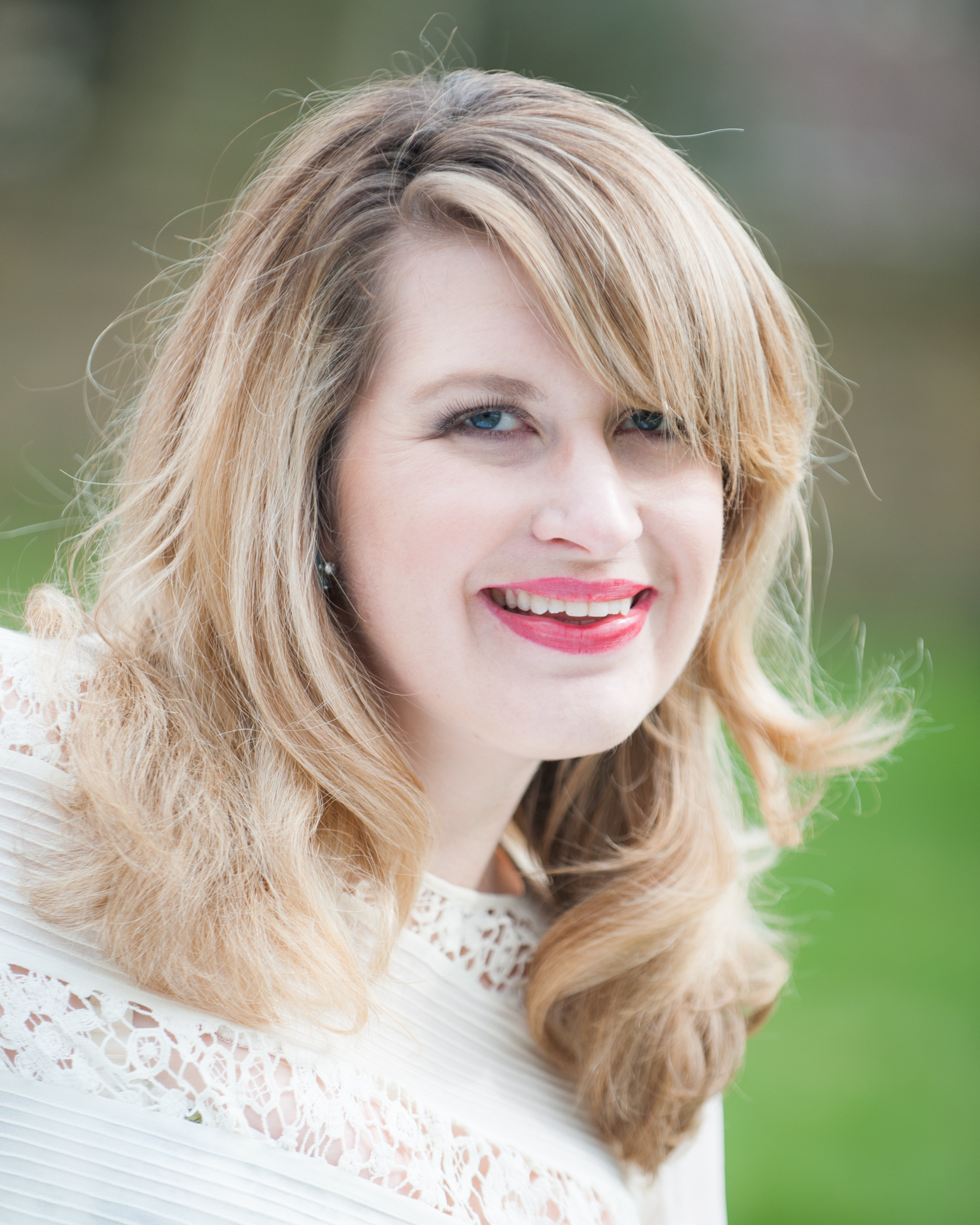When I started writing my book, How To Be A Grown Up, I had one big ambition for it. I wanted it to be a friend. I hoped to write the sort of book that could be kept in a bedside table or squashed at the bottom of a handbag, and that it might be a warm, reassuring source of comfort in an emergency - something to soothe the pain and ease the fear after a dumping, a firing, a panic attack. I find it hard to simply be alive in 2017, because there are so many ways in which we can be weighed, measured and found wanting. My therapist often cites Thomas Anthony Harris' seminal book I'm OK, You're OK, and I think that many of us are made to feel that we're messing up when really, we're more than OK. I've always turned to books when I've felt bad, and these are the books I had in mind when I was writing. They have been good friends to me, and made me feel less alone.
Rachel's Holiday by Marian Keyes
Marian Keyes has never written a sentence that I didn't adore, but the story of Rachel's experience in rehab is my very favourite of her books. It's a thoughtful, clever, tender novel about struggling through your twenties and dealing with complex friendships, family issues and relationships. Although I've never sought treatment for substance abuse, the novel gently but firmly forced me to address the ways in which I seek distraction from emotional pain. This sounds harrowing, but it's a really, really funny book too!
The Pursuit Of Love by Nancy Mitford
Mitford's world is funny, glamorous, charming and slightly threadbare, and she is almost frighteningly insightful when it comes to observing families, how we love them and how claustrophobic that love can feel. I first fell for this book when I was 13 and I reread it at least once a year, but it took me a long time to learn its lessons - that falling in love and yearning to escape your circumstances are two separate things. If you're struggling to deal with the end of a relationship, I think you'll find this deeply comforting.
How To Be A Woman by Caitlin Moran
When I first read this book, I remember feeling as though a ton of teenage guilt and shame had been lifted from my shoulders. Compassionate and hilarious, Moran's book is all about learning how we can deal with our own humanity, and how we are smart, silly, frightened and frightening, and amazing and ridiculous all at once. I still turn to it when I have a difficult decision to make, and her words always guide me towards an informed choice.
Slouching Towards Bethlehem by Joan Didion
Didion, in my opinion, uses words more purposefully and elegantly than any human who has ever lived, and her essay On Self Respect soothes my soul when I feel unfixable. She writes beautifully about the conflict between our public and private selves, explaining that self respect "has nothing to do with the face of things, but concerns instead a separate peace, a private reconciliation". It was first published in 1961, but it's essential reading for anyone with an occasionally wobbly sense of self esteem and/or an Instagram account.
Crazy Salad & Scribble Scribble by Nora Ephron
Every single piece of Nora Ephron's writing is steeped in warmth and wisdom. I love her work because it is rich in emotional intelligence. I return to this collection of her journalism repeatedly because she is especially frank and insightful about envy, a feeling I often struggle with. She writes about her husband leaving her for another woman, about losing a job to a professional rival, about dreaming of being Dorothy Parker - and she's so generous and honest with her words that I always feel calmer and more understood after reading them.
Daisy's book How To Be A Grown Up is out now:













